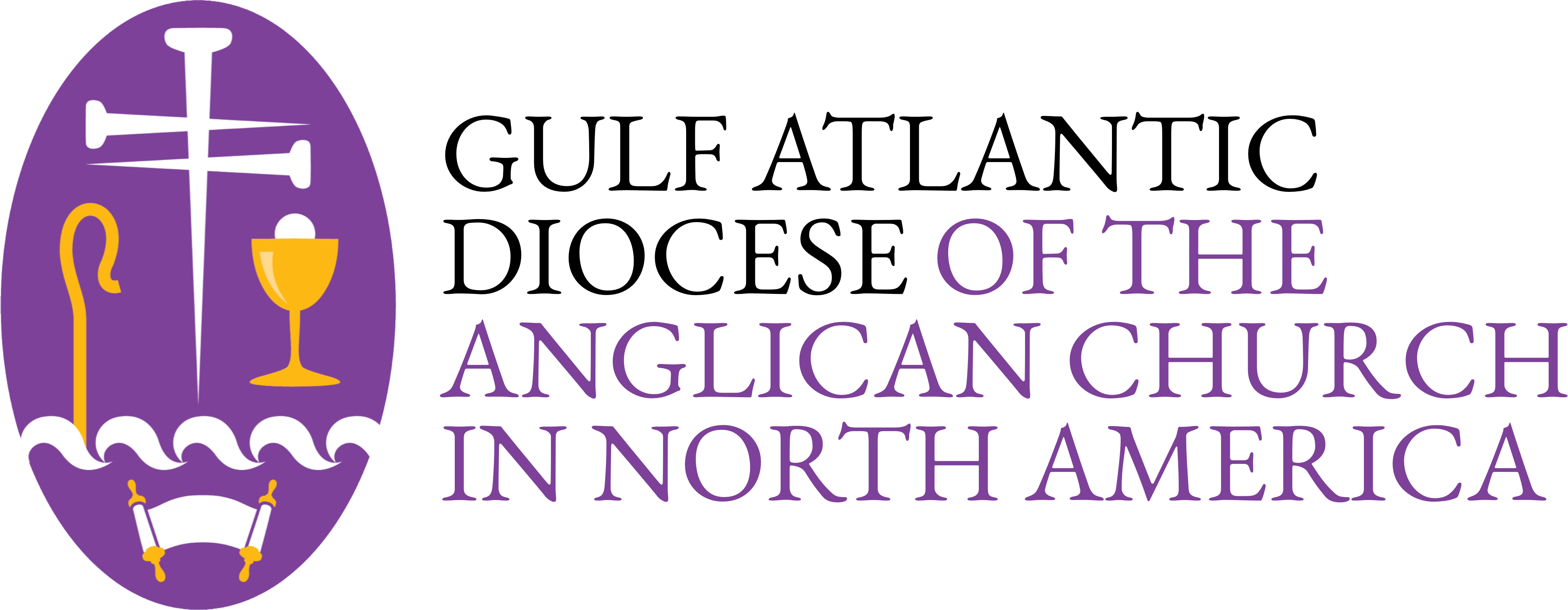
We are hearing the word lies every day now in the news. Charges and counter charges. Are certain political leaders lying to us? Or is it the media? Most of us, if we’re honest, have a gnawing sense of uncertainty about what’s really going on.
But the issue of lying itself is not news at all, rather it is a sign of our fallen state, and the presence of the “father of lies” in the world. (John 8:44) My friend, Canon Mary Hays, contends that all sin originates in believing some lie about God. Think back over the Wilderness stories. What was the lie when God’s people panicked in their dead end at the Red Sea? Were they truly facing certain destruction? What was the lie when they discovered that the water at Meribah was undrinkable? Had God parted the sea only to finally allow them die of thirst in the desert? What lie provoked the disobedient hoarding of manna? Could God really be trusted to feed them? What was the lie that caused the idolatry at Sinai, while Moses was receiving the instruction from God? Was Moses actually gone for good?
Perhaps the most disastrous example of Israel’s susceptibility to a lying spirit was demonstrated not long after the giving of the Law at Sinai. They had arrived at the edge of the land God had promised to Abraham, a promise reiterated again and again. Moses sent in twelve spies, asking them to bring back critical military information as well as a sample of the crops they found there. 40 days later, they returned with their report, and with evidence of the fruit of the land – a bunch of grapes too big for one person to carry! (Find the story in Numbers 13 &14.)
The spies brought a good news/bad news report. The land was everything God had promised, abundantly fruitful. But, at the same time, the enemy looked strong and numerous, and there were even giants! These were no lies. Both were true, and the spies brought back simple information.
The trouble comes . . . the trouble always comes . . . in what we do with simple, even frightening, information.
Ten of the twelve spies incited the crowd to succumb to their fears. What was the lie here? Could the God who had brought them out of Egypt and destroyed their enemies before their eyes not be trusted to deal with these enemies? True to form, the Israelites suggested a return to Egypt. Really? Brilliant! I’m sure they remember you fondly!
Two spies, Joshua and Caleb, instead urged the people to obey “at once,” expressing confidence that God could be trusted. They were not, however, persuasive, and Israel refused God’s promised gift. That generation, with the exception of the two trusting spies, would die in the desert before the next generation had a chance, once again, to trust God and take the land God was giving.
I think of this story often when I’m faced with a fearful challenge. All twelve spies had the exact same information. The only difference between Joshua and Caleb and the other ten . . . between life and death . . . was what they did with that information. The choice was between projecting disaster or acting with confidence that God is bigger than our lying fears.
Another way to look at it is to ask ourselves: What we are measuring? In this situation ten spies measured the size of the task. Too big! They measured themselves. Too weak! Joshua and Caleb, though, measured only God’s promise and his past deliverances. Proof enough!
In the midst of this scene, and faced with his people’s refusal to trust him and move out, God asks, “How long will these people treat me with contempt? Will they never believe me, even after all the miraculous signs I have done among them?” (Numbers 14:11). This is a chilling question. The people’s fear is not a morally neutral thing. God interprets it as hating him.
The Scriptures instead urge us to separate thesituation (yes, there were enemies, even giants), from the immediate lie the enemy tells us about it (disaster is on the way), and ask ourselves, How will God handle this? What has he promised?
Make a mental list of all the characters in Scripture who were asked by God to do something they were loathe to do. It turns out to be a very long list! We call this the ‘Oh No!’ principle, and there is danger here. The ‘Oh No!’ needs to be resisted. Every Christian is called to conquer, to take Kingdom territory, but that’s where the giants always are. Always.
Think of Daniel, or Shadrach, Meshach and Abednego, centuries later, in captivity in Babylon. Obedience led one of them to a den of lions and the others to a blazing furnace. But in all of Babylon,those are the places we see God himself turn up, gloriously. Seeing the Father act in power is almost always on the other side of a scary door. It’s a Good Friday, Easter Sunday thing.
The next generation of Israelites in the wilderness did indeed vote differently. They crossed the Jordan River to take the land God wanted to give. And in their first battle, they saw him defeat their enemies while all they did was march and make noise, at his instruction. I wonder if they were thinking of their parents, wishing they could have chosen differently . . . wishing they could have seen this.
Neil and I are now both officially senior citizens. Every time a public figure dies, we find ourselves doing the math, increasing our awareness that we all have only this one life, this one priceless opportunity to walk with our God and see his character put on display in our corporate life.
Paul says the wilderness of Israel was a warning tous! (1 Corinthians 10)Will we heed it? Can we silence the lies fear tells and face our scary doors? God is on the other side.
Where are your scary doors? What are the lies? What is the truth?
Marcia Lebhar’s Signs in the Wilderness Series applies to all of life. Signpost #9 will be included in the next Gulf Atlantic Diocese Communique .
For more information regarding Marcia Lebhar’s The Bare Branch, please visit: Bare Branch Discipleship . All proceeds go to the ACNA Church Planting Fund.
